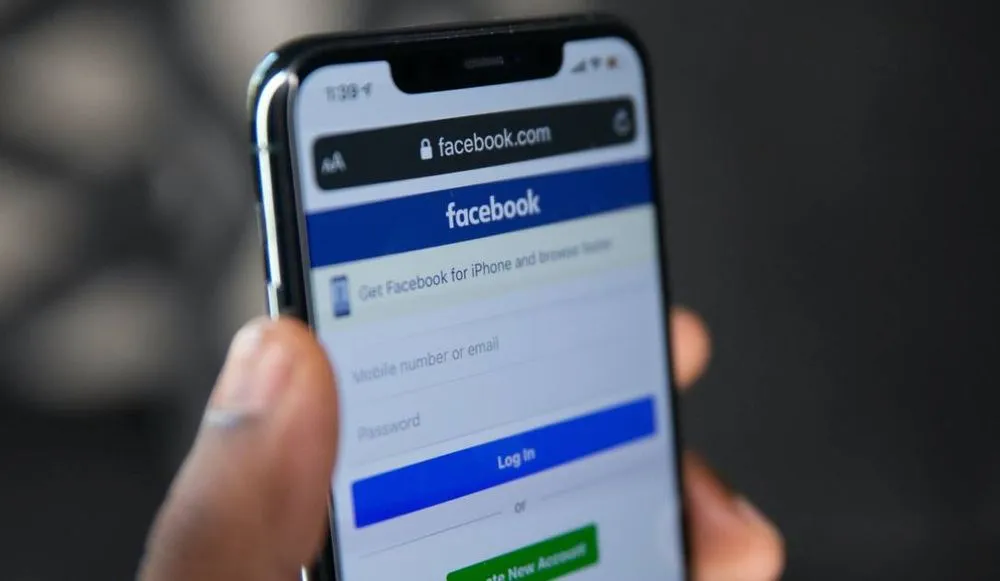Probe reveals DHS relies on fake social media accounts to investigate targets
The Department of Homeland Security (DHS) routinely relies on phony social media accounts to gather information about people, with little oversight, according to a years-long investigation by the Brennan Center for Justice (BCJ).
BCJ, a nonpartisan law and policy institute, began asking DHS for details of the program in 2018 under the Freedom of Information Act (FOIA). When the agency stonewalled, the institute retained a lawyer who sued for the documents.
They show, among other things, that Customs and Border Protection (CBP) uses “masked monitoring” of individuals by setting up fake social media accounts to research them — just one example of how at least 14 “social media operational use templates” are used to allow officers to obscure their DHS affiliation.
DHS’s gathering and use of social media data to screen visa applications, automate programs to predict who may be terrorists or criminals, and track First Amendment-protected activity has long been shrouded in secrecy, making it impossible to determine if privacy rights are protected, BCJ claims.
The FOIA yielded 35 total social media templates — forms DHS agencies give to the department’s privacy office before getting the go ahead to employ social media.
The documents “paint a picture of a department focused heavily on enabling its agents to hide their identities while using platforms such as Facebook, Instagram, TikTok, and Twitter, despite the intrusiveness of the practice,” a BCJ analysis said.
Facebook policy requires that users provide their real names. BCJ noted that the platform has repeatedly warned law enforcement not to hide behind anonymous accounts.
The masked monitoring template makes clear that the department at least sometimes relies on the forms for investigative purposes or what the document calls “operational awareness.”
A template BCJ obtained from Immigration and Customs Enforcement (ICE), for example, asserted that undercover agents in its law enforcement arm, Homeland Security Investigations, often need to “appear to be engaged in a criminal enterprise and to befriend or become business associates” with investigative targets.
From 2017 to 2019, ICE’s undercover agents created an online presence for a fake university populated with concocted social media profiles for the school and its supposed staff, according to BCJ. The fiction was used as the basis for a sting operation designed to push prospective students to commit visa fraud.
DHS issued a statement in response to BCJ findings, saying it is “committed to protecting individuals’ privacy, civil rights, and civil liberties.”
The department said it uses various forms of technology in “furtherance of its mission, including tools to support investigations related to, among other things, threats to infrastructure, illegal trafficking on the dark web, cross-border transnational crime, and terrorism.”
Twelve of the 14 templates allowing agents to hide their DHS affiliation, “explicitly permit” the use of fake accounts, a tactic that BCJ said is primarily leveraged by ICE and the U.S. Citizenship and Immigration Service’s Fraud Detection and National Security Directorate. BCJ noted that the number of templates allowing fake accounts may be higher given DHS document redactions.
Suzanne Smalley
is a reporter covering digital privacy, surveillance technologies and cybersecurity policy for The Record. She was previously a cybersecurity reporter at CyberScoop. Earlier in her career Suzanne covered the Boston Police Department for the Boston Globe and two presidential campaign cycles for Newsweek. She lives in Washington with her husband and three children.



